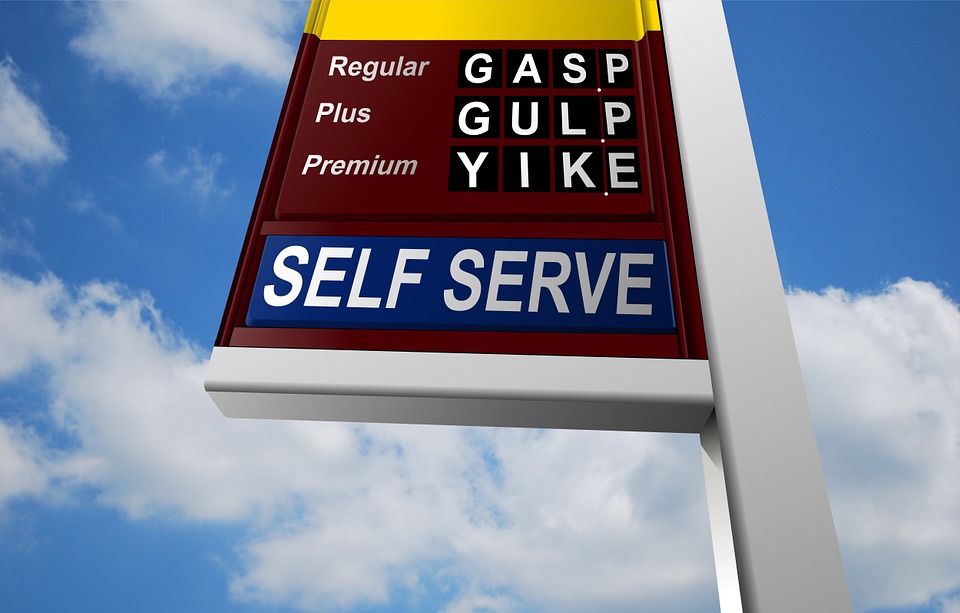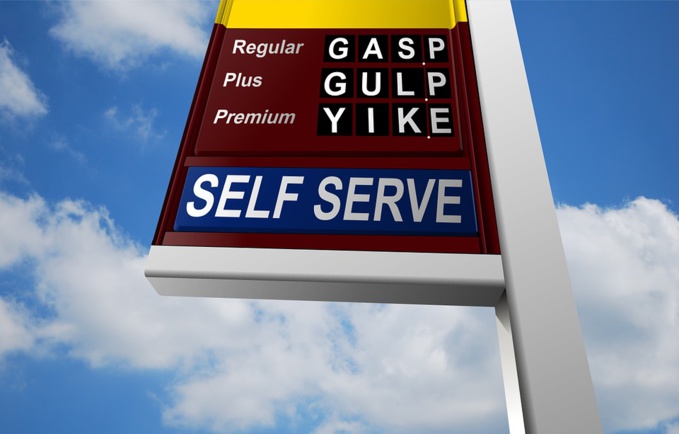All 13 of the world's largest investment banks surveyed by The Wall Street Journal have lowered their forecast for oil prices. On average, banks lowered forecast for the average annual price of Brent crude by $ 8. In November, they expected $ 77 per barrel. Russia, for instance, would be satisfied with such a price - at the end of November Russian President called the price of $ 70 comfortable for his country. So far, however, prices are much lower. After pre-Christmas trading, the Brent barrel cost $ 50.47 per barrel (-6.22% per trading session), while the American WTI costs $ 42.53.
The forecasts of investment banks were revised after the decision of OPEC + to reduce production volumes caused only a short increase, which was quickly replaced by a fall. Brent has already lost 41.5% in price from a peak in early October 2018 ($ 86). Among the main negative factors, bankers cite fears of a slowdown in global economic growth and the risks of a US-Chinese trade war. A recent forecast for 2019 from analysts of Barclays takes into account unexpectedly wide range of exceptions when imposing US sanctions on Iran, expectations of production growth and early commissioning of new pipelines in the US.
Nevertheless, investment banks are waiting for prices to rise in the first half of 2019: by this time the market will fully feel the effect of reducing production by Saudi Arabia and Russia, and in April-May the United States can remove most of the exceptions to sanctions against Iran.
source: wsj.com
The forecasts of investment banks were revised after the decision of OPEC + to reduce production volumes caused only a short increase, which was quickly replaced by a fall. Brent has already lost 41.5% in price from a peak in early October 2018 ($ 86). Among the main negative factors, bankers cite fears of a slowdown in global economic growth and the risks of a US-Chinese trade war. A recent forecast for 2019 from analysts of Barclays takes into account unexpectedly wide range of exceptions when imposing US sanctions on Iran, expectations of production growth and early commissioning of new pipelines in the US.
Nevertheless, investment banks are waiting for prices to rise in the first half of 2019: by this time the market will fully feel the effect of reducing production by Saudi Arabia and Russia, and in April-May the United States can remove most of the exceptions to sanctions against Iran.
source: wsj.com



















